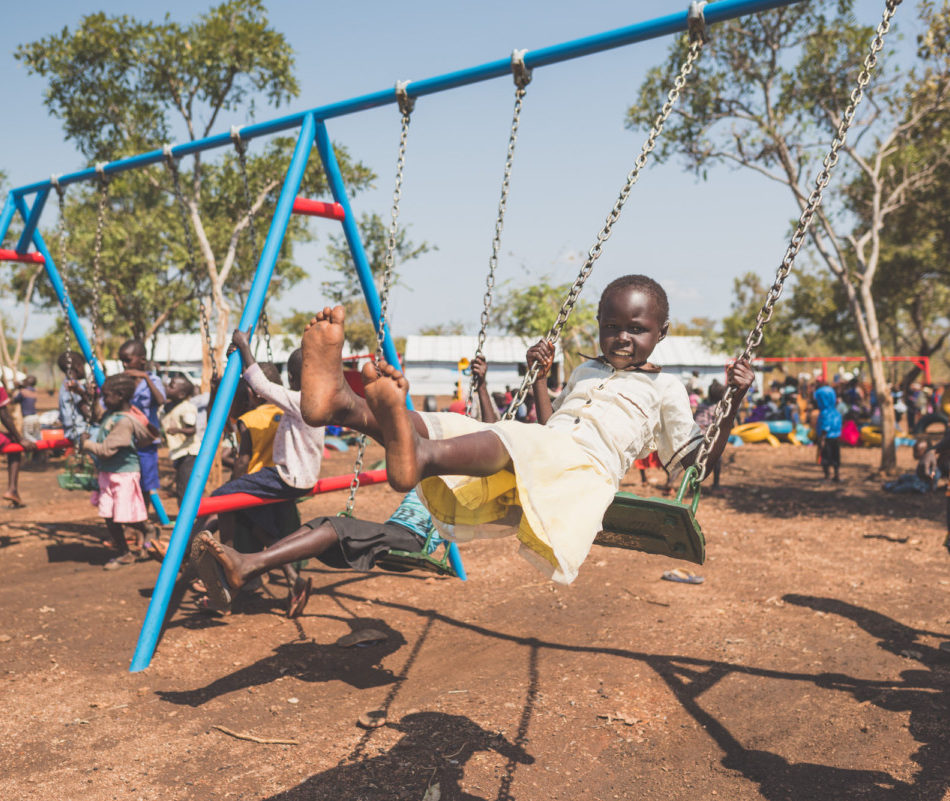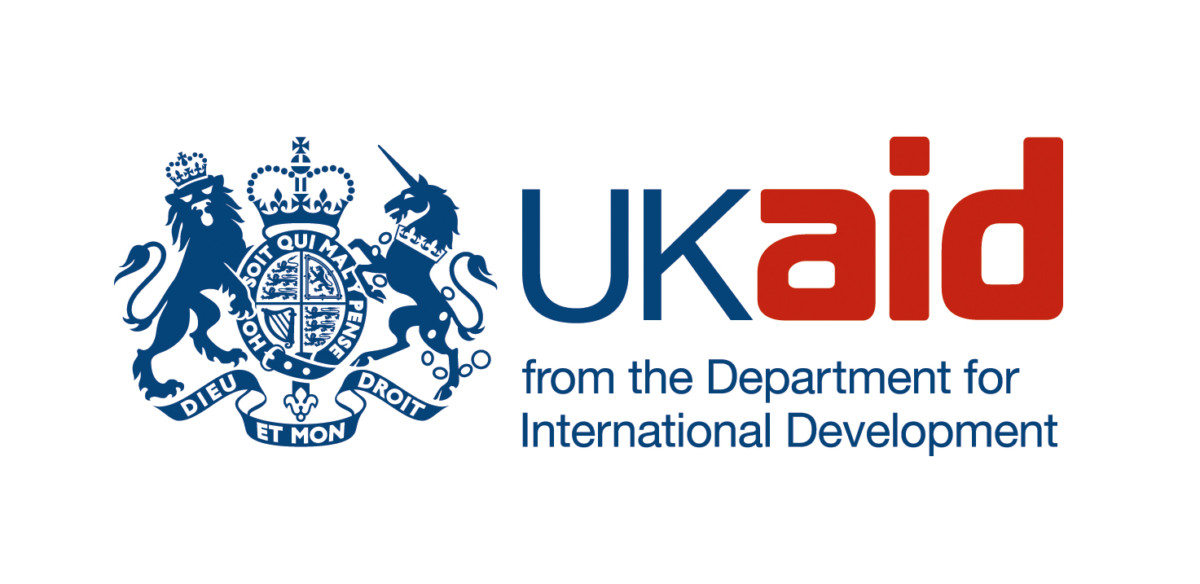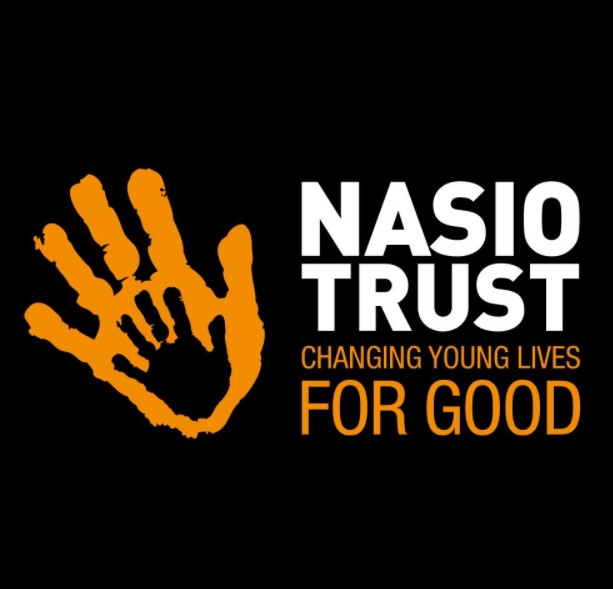A huge thank you to our wonderful volunteer Caitlin Worsley from Cardiff University for writing this
blog post!
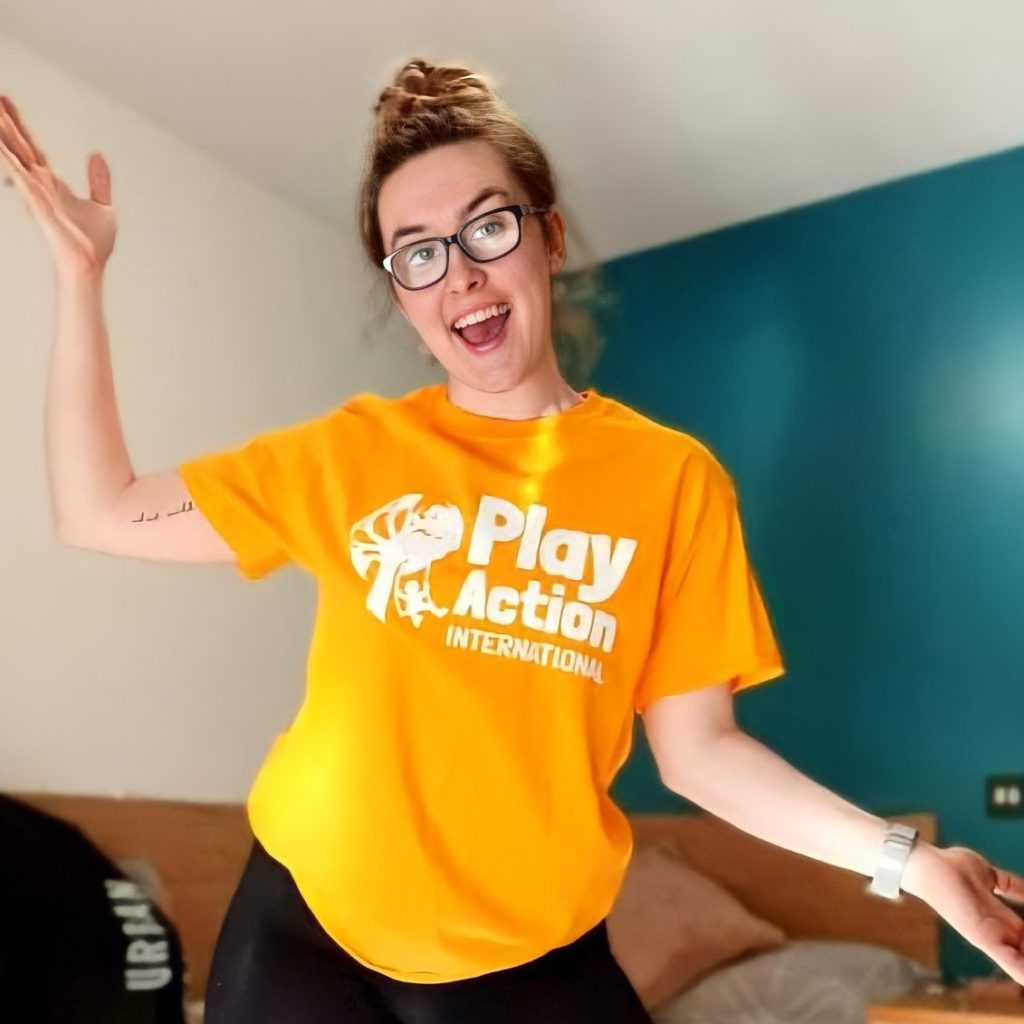
How lucky are we in the UK that so many of us have such easy access to the world of play? From parks and playgrounds to soft play centres and play groups across villages, towns and cities. Much of the UK is so privileged to not only have access to play, but also to be encouraged by our parents, family and schools to explore through play. We are taught physical education lessons, given so many opportunities to draw and engage in arts and crafts and from a young age, and in the majority of schools children can play with a whole host of toys and games that enhance or fine and gross motor skills.
Not only is play fun and encourages children’s creativity and imagination to flourish, but it is also vital in enhancing their physical and mental wellbeing. It allows for the development of a healthy body, a healthy brain and gives children the opportunity to communicate and socialise with others.
However, in less privileged countries such as Uganda, they don’t have these same opportunities.
Instead of being encouraged to play and learn through recreational activities in schools, children in Uganda are instead taught through repetitive (rote) teaching styles, where students from ages 3-16 are taught by being verbally presented with the curriculum with little to no two-way interaction between students and teachers. As you can imagine, this is extremely ineffective for young children as their brains are not developed enough to take in information in this way. In addition to this, many children do not have access to toys and play at home the way we do, nor do parents, teachers or the wider community understand or appreciate the value of play as it is simply not seen as a valuable way for children to spend their time. I think it’s safe to say many of us in the western world take our access to play for granted.
This is why the work that is done by Play Action International is so important. By building playgrounds and delivering play-based programmes in some of the most disadvantaged countries in the world, they provide children with the opportunity to learn and develop through play, have fun and really get their creative energy flowing, which wouldn’t otherwise be achievable in school or at home. Providing time, space and opportunity for play allows children of all ages to build stronger friendships and relationships with their peers which they may not otherwise be able to do. Play teaches problem solving, communication skills and helps children to enjoy their childhoods. The benefits that come from a single playground in a school are endless.
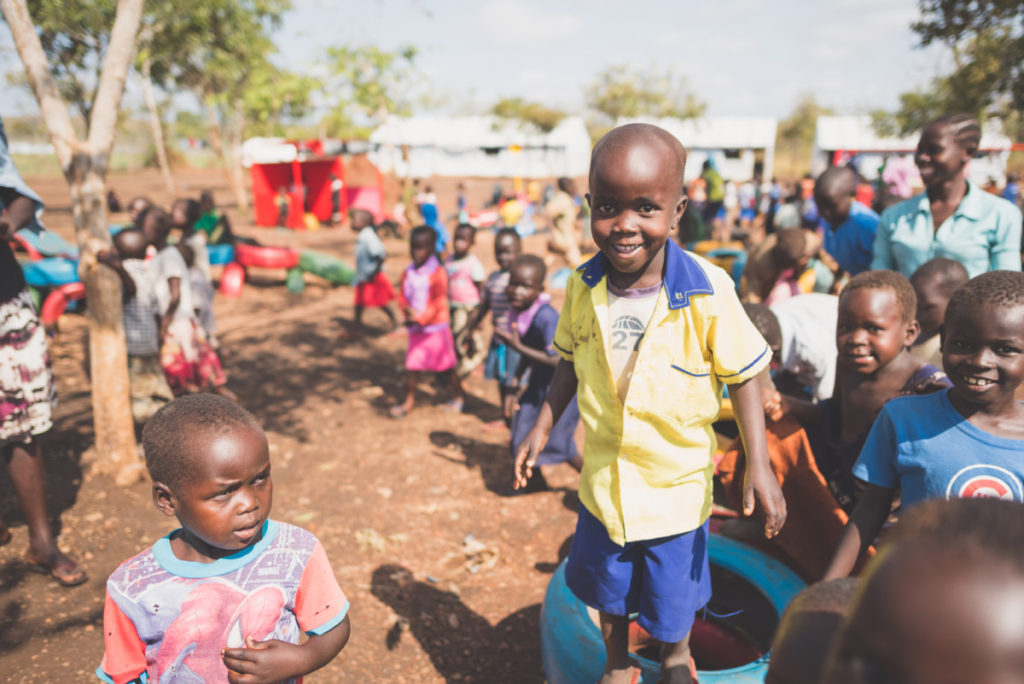
Play in schools provides children with the opportunity to have fun, take a break from the stresses of academic pressures and shows that learning can be fun and interactive. It shows children that with a little bit of encouragement and engagement, they really can achieve anything.
